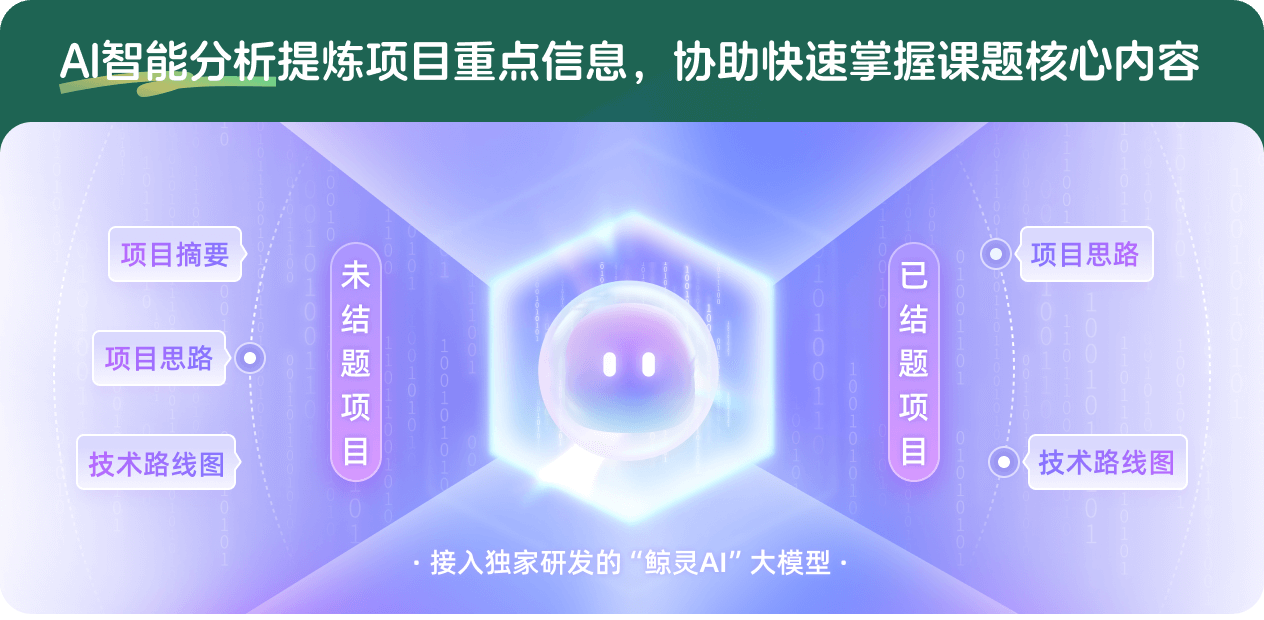[F-18]DPA-714 PET/CT对放射性脑损伤的Muse细胞再生治疗效果评估的研究
项目介绍
AI项目解读
基本信息
- 批准号:81901780
- 项目类别:青年科学基金项目
- 资助金额:20.0万
- 负责人:
- 依托单位:
- 学科分类:H2704.核医学诊断与治疗
- 结题年份:2022
- 批准年份:2019
- 项目状态:已结题
- 起止时间:2020-01-01 至2022-12-31
- 项目参与者:--
- 关键词:
项目摘要
Radiation-induced brain injury is one of the severe complications of radiotherapy for the intracranial tumor and cerebrovascular malformation. Due to the lack of diagnostic tools, limited clinical therapy methods and absence of effective medications, radiation-induced brain injury is often irreversible and has a poor prognosis. Finding an effective treatment strategy would be a crucial project to treat this lethal injury. Our previous study indicated that [F-18]DPA-714 PET/CT can detect the response of neuroinflammation at the early stage of brain injury. In addition, stem cells have a strong ability for neuranagenesis and immunomodulation. The aims of the study include: 1) Investigate the mechanism of radiation-induced nervous system injury and the neuroprotective effect of Muse cells by using BBB Kit model. 2) Evaluate the radiation-induced brain injury by [F-18]DPA-714 PET/CT. And investigate the immunomodulatory effect of Muse cell transplantation therapy. 3) Explore the nerve repair mechanism of Muse cells. And expand the understanding of the relationship between Muse cells and nervous system during the process of radiation-induced brain injury. This study will provide a new strategy for the diagnosis and treatment of radiation-induced brain injury.
迄今为止,放射性脑损伤的治疗仍缺乏有效手段。如何在保持高放射剂量的同时寻求一种安全高效的治疗策略,是当今中枢神经系统放射治疗的一项重要课题。我们在前期工作中发现,通过使用新型PET示踪剂[F-18]DPA-714,可在脑损伤早期即发现脑内的炎症变化。同时,干细胞极强的再生和对神经炎症的调节能力可抑制损伤的扩大并促进细胞的修复。本研究拟通过1)利用BBB Kit模型,模拟体外神经血管单元,探寻电离辐射对神经系统的损伤机制和Muse细胞的神经保护作用;2)利用[F-18]DPA-714 PET/CT影像技术进行放射性脑损伤的诊断并评估Muse细胞移植后对脑组织炎性变化的抑制作用;3)探索Muse细胞启动神经修复及神经保护的分子机制,拓展对放射性脑损伤过程中Muse细胞与神经系统间相互作用的认识。为放射性脑损伤诊治提供新策略。
结项摘要
放射治疗是治疗中枢神经系统(CNS)肿瘤和脑血管畸形的主要手段之一。但随之而来的放射性脑损伤问题也局限着此种治疗方法的发展。目前,以干细胞为主的靶向药物已受到广泛关注。间充质干细胞中的亚型多系分化持续应激(Muse)细胞即是最有潜力的细胞药物之一。本项目从神经再生医学及核医学领域出发,通过利用体外模型,确认了电离辐射对神经系统的损伤机制,并且通过对Muse细胞应用时间的把控,探索出其作为神经保护药物的最佳使用场景和时机。同时,新型[F-18]DPA-714 PET/CT影像技术的应用,明确了放射线照射对脑组织的影响,并显示出脑内损伤的炎症变化。我们的研究结果,证实了放射线照射及Muse细胞的神经保护间相互作用,该实验结果通过利用核医学成像和干细胞再生技术为放射性脑损伤的诊治开辟新策略。
项目成果
期刊论文数量(1)
专著数量(0)
科研奖励数量(0)
会议论文数量(0)
专利数量(0)
Responses of Immune Organs after Cerebral Ischemic Stroke.
脑缺血性中风后免疫器官的反应。
- DOI:10.1272/jnms.jnms.2021_88-308
- 发表时间:2021
- 期刊:Nippon Medical School Journal
- 影响因子:--
- 作者:Tan Chengbo;Wang Zifeng;Zheng Miao;Zhao Songji;Shichinohe Hideo;Houkin Kiyohiro
- 通讯作者:Houkin Kiyohiro
数据更新时间:{{ journalArticles.updateTime }}
{{
item.title }}
{{ item.translation_title }}
- DOI:{{ item.doi || "--"}}
- 发表时间:{{ item.publish_year || "--" }}
- 期刊:{{ item.journal_name }}
- 影响因子:{{ item.factor || "--"}}
- 作者:{{ item.authors }}
- 通讯作者:{{ item.author }}
数据更新时间:{{ journalArticles.updateTime }}
{{ item.title }}
- 作者:{{ item.authors }}
数据更新时间:{{ monograph.updateTime }}
{{ item.title }}
- 作者:{{ item.authors }}
数据更新时间:{{ sciAawards.updateTime }}
{{ item.title }}
- 作者:{{ item.authors }}
数据更新时间:{{ conferencePapers.updateTime }}
{{ item.title }}
- 作者:{{ item.authors }}
数据更新时间:{{ patent.updateTime }}
其他文献
其他文献
{{
item.title }}
{{ item.translation_title }}
- DOI:{{ item.doi || "--" }}
- 发表时间:{{ item.publish_year || "--"}}
- 期刊:{{ item.journal_name }}
- 影响因子:{{ item.factor || "--" }}
- 作者:{{ item.authors }}
- 通讯作者:{{ item.author }}

内容获取失败,请点击重试

查看分析示例
此项目为已结题,我已根据课题信息分析并撰写以下内容,帮您拓宽课题思路:
AI项目摘要
AI项目思路
AI技术路线图

请为本次AI项目解读的内容对您的实用性打分
非常不实用
非常实用
1
2
3
4
5
6
7
8
9
10
您认为此功能如何分析更能满足您的需求,请填写您的反馈:
相似国自然基金
{{ item.name }}
- 批准号:{{ item.ratify_no }}
- 批准年份:{{ item.approval_year }}
- 资助金额:{{ item.support_num }}
- 项目类别:{{ item.project_type }}
相似海外基金
{{
item.name }}
{{ item.translate_name }}
- 批准号:{{ item.ratify_no }}
- 财政年份:{{ item.approval_year }}
- 资助金额:{{ item.support_num }}
- 项目类别:{{ item.project_type }}